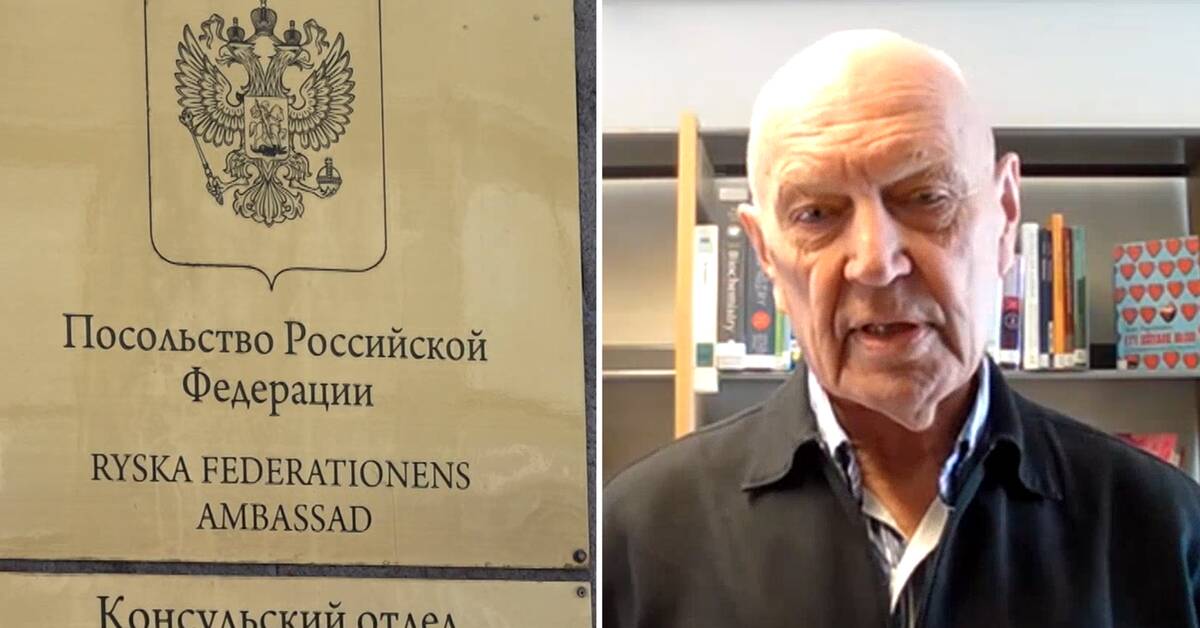Sweden's Foreign Minister Ann Linde (S) announced on Tuesday that Sweden will expel three Russian diplomats after, among other things, civilians were killed and mass graves were found in the Ukrainian city of Butja.
Pierre Schori, a former diplomat and Social Democrat politician, describes the decision as adequate.
This means that three named people who have been selected as perhaps the worst examples of espionage or intelligence activities will be expelled from Sweden.
Powerful selection
According to the Ministry for Foreign Affairs, there are a total of 35 Russian diplomats in Sweden, and according to the Security Police's assessment, every third of them conducts intelligence activities.
Pierre Schori says that one reason why Sweden does not expel more than three Russian diplomats is that Sweden has significantly fewer diplomats in Russia.
- If we take a big sweep, it will be at least as big a sweep in Moscow at our own embassy.
Then we may not have that many left.
It is a question of how much freedom of movement you want for your own people, your own diplomats and their ability to work.
We have the line that it is important to have people in place to be able to follow developments.
The debate about how many diplomats have been expelled is "completely unnecessary", according to Schori.
He believes that the gesture is more important.
- It will almost be a domestic political pie-throwing if you instead start discussing whether to deport three, five or six people.
Can return
A dozen EU countries have expelled Russian staff at embassies and consulates since Russia's invasion of Ukraine.
Italy recently announced the expulsion of 30 people from the embassy in Rome.
On Monday, Germany and France made similar decisions, declaring 40 and 35 diplomats respectively "persona non grata" - undesirable.
On Tuesday, Denmark decided to expel 15 Russian diplomats.
They are described as members of the Russian intelligence service and have two weeks to leave the country.
When the Russian diplomats will have to leave Sweden, however, is unknown.
Schori says that according to the routines, diplomats usually have up to a week to leave the country.
The reason for the expulsion is then decisive for whether they are allowed to return later.
- Someone who has run a longer business and been caught red-handed bribing and buying people is probably stamped forever.
But when, as in this case, you select people in protest, it may happen that someone after a number of years may come again.
It is examined very carefully by the Ministry of Foreign Affairs and the police in that case, says Schori.

